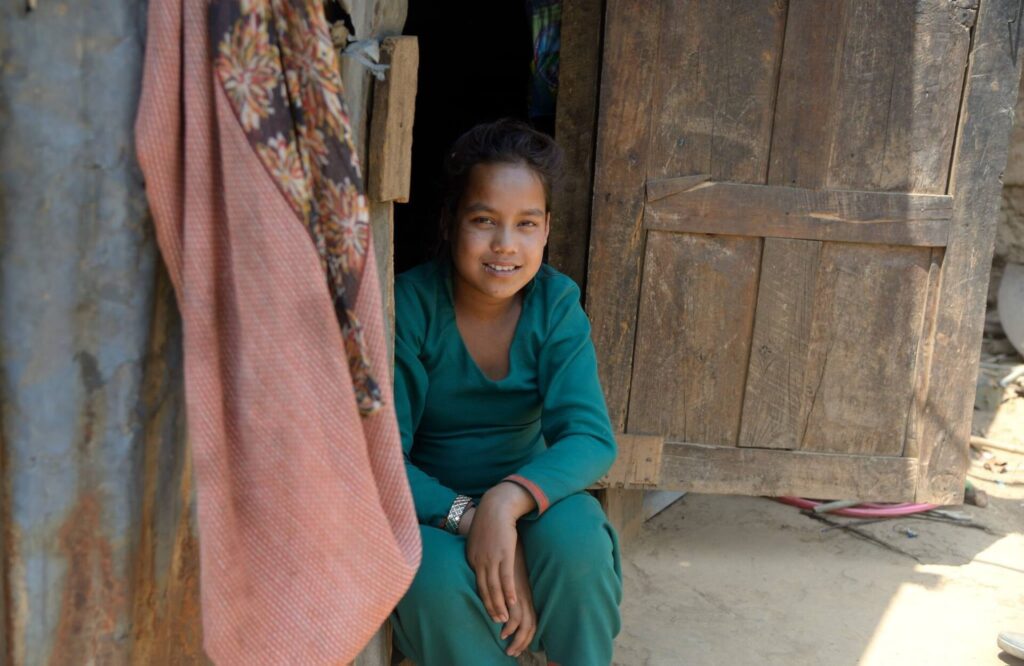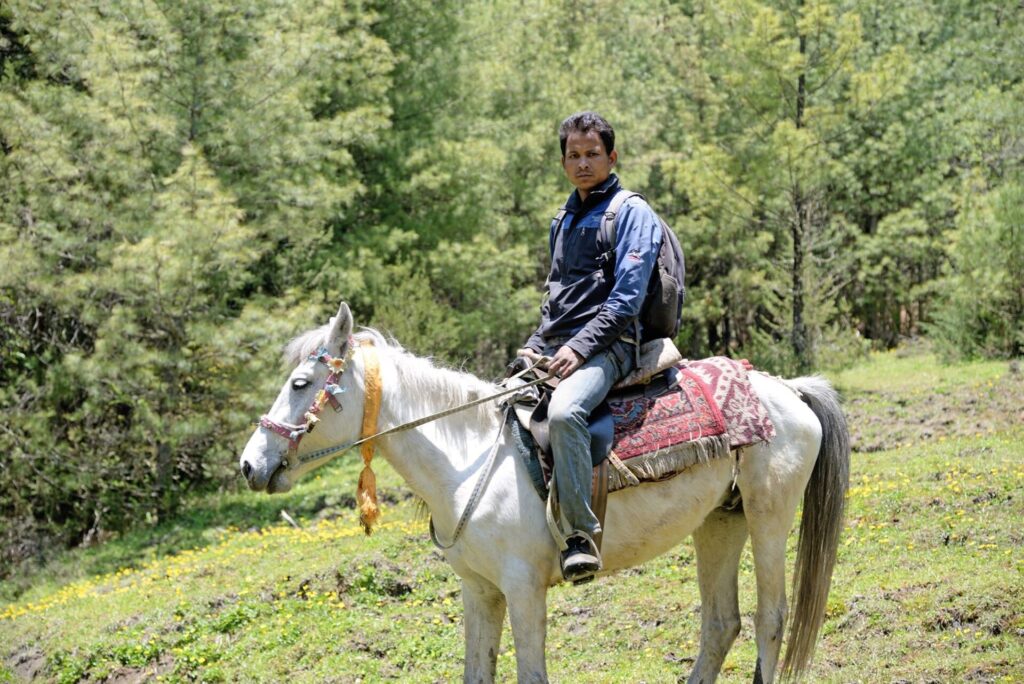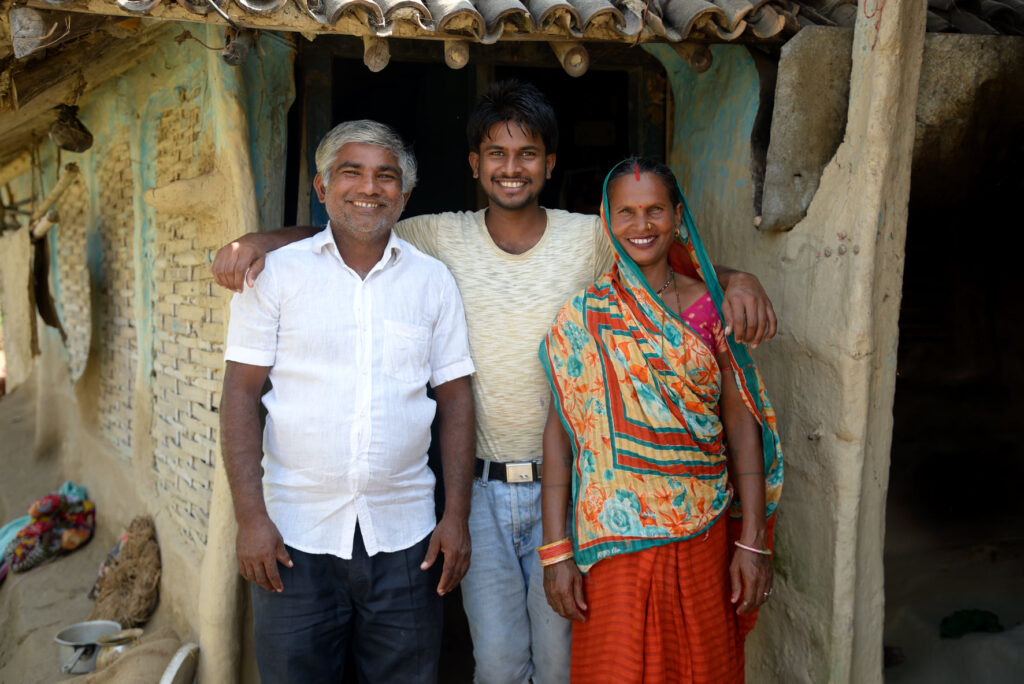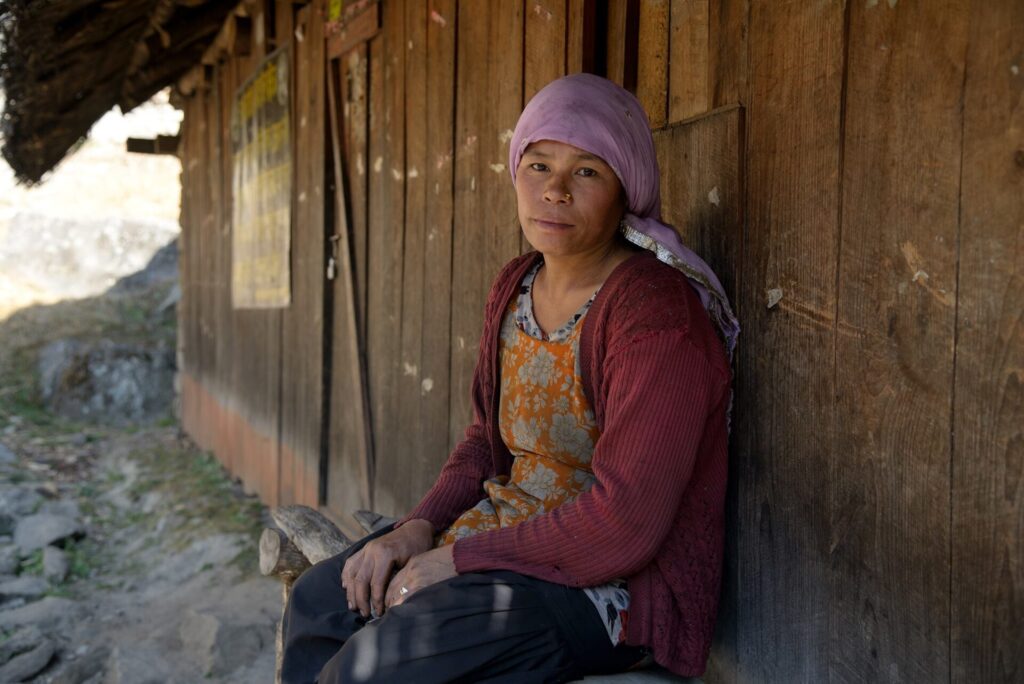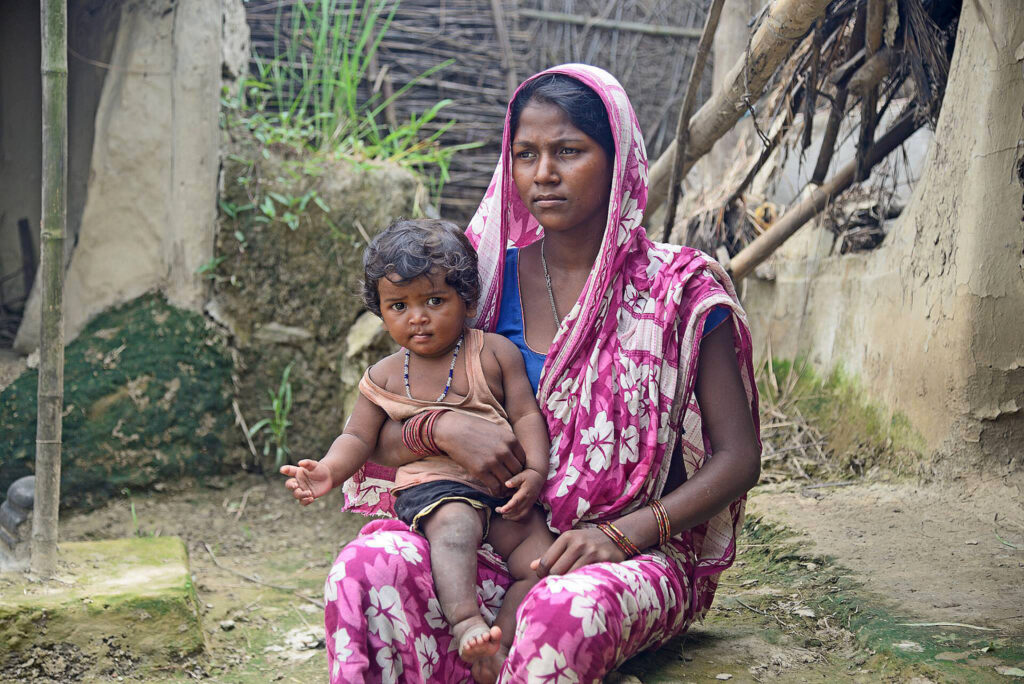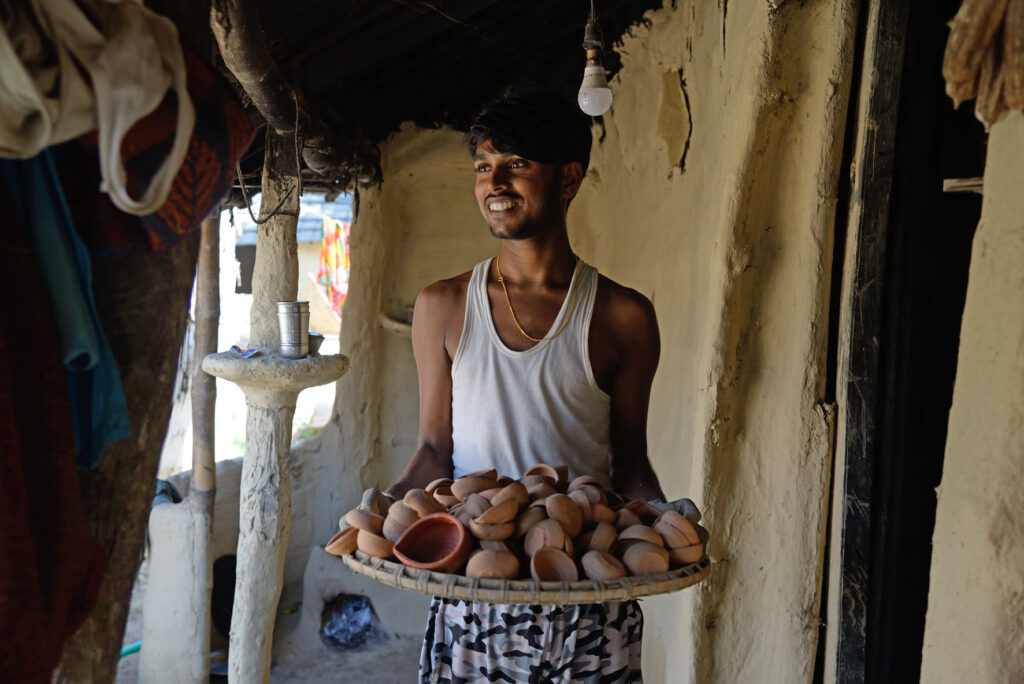
Man Kaji Pun Bhume 1 Lukum, Rukum Purba
(Part 1/2) “I am my parent’s only son and because of that, I have received special treatment all my life. My parents are sheepherders. Rearing sheep is the generational occupation of our place. They walked with the sheep all their lives. During monsoon, they climbed up to the high-altitude pasture where they lived in Goths with the sheep. The land was suitable for the sheep as they could graze on plenty of mineral-rich grass and herbs. During winter, they would descend to the foothills around Dang with the sheep to escape the freeze. Even though they were herders of large flocks, they did not want that life for their only son. Maybe for them, school seemed more important since they never got to go. Even as a boy I would hear them talk. “We need to send this boy to school, life spent away from home with the animals is not the only thing that the living do.”
I attended the local high school until grade 3. But they were concerned for me, their only son. They worried that I would get into the wrong circle and ruin my life so they sent me to a boarding school in Dang. Compared to the harsh living conditions here, I lived a comfortable life in the city with friends and teachers, with rice and eggs and meat, with books and music. I completed my bachelor’s degree in management from Dang and eventually arrived in Kathmandu for my master’s degree. Until then, I had never contributed to the work at home because I was never here and my father and mother wanted a different life for their only son.
While in Kathmandu I learned of employment opportunities in Korea. When my friends started going to Korea, I had a change of heart. I thought the goal is to earn a living and that I should go to Korea to work. I dropped my masters and applied for a visa and returned home to see my father and mother before I left.
The wait for the visa was long over 18 months. And the 18 months that I spend here in the village with my family re-sparked the love I had in me. Without delay, I started getting involved in social activities through the local youth club. I had a belief that some of the ills that were in my village needed to be corrected. I saw children go to school but the parents had no knowledge of what went on at school. They never participated in their child’s learning and hence the quality of education never improved. Not everyone could afford to send their children to school in the cities. I was fortunate and I felt that I needed to do something to improve the environment where children could learn. But I realised no matter the will, it was difficult to bring about this change. Sheep and breaking corn for livelihood was more important here than making schools better. I empathised with the fact of life in my village.”
